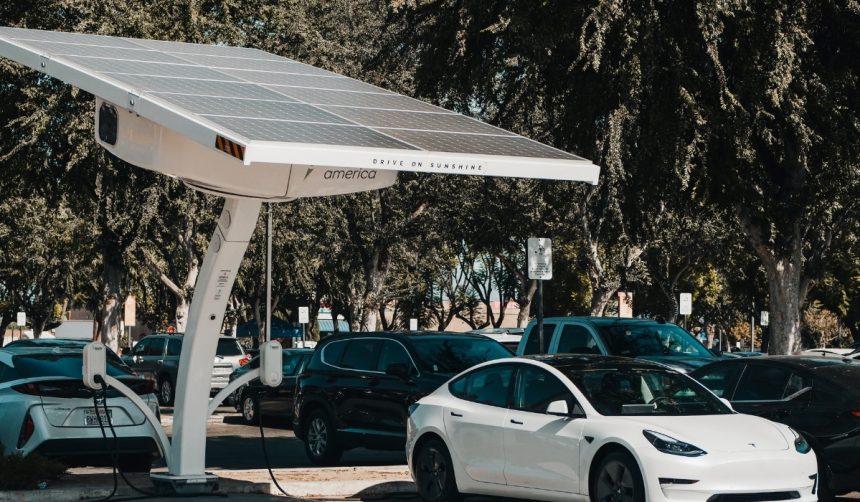Tesla’s Board of Directors has outlined a significant new compensation proposal for CEO Elon Musk, reflecting the company’s intent to retain its chief executive and incentivize future growth. The package, which could lead to stock awards valued at up to $1 trillion, ties Musk’s compensation to the achievement of ambitious operational and market capitalization milestones. Tesla’s Board sees this as a crucial step to secure Musk’s continued leadership and address previous legal setbacks over executive pay structures. Debates among shareholders and the broader investment community are intensifying, with some questioning the feasibility of the targets and the broader strategic direction it signals for Tesla’s future, especially given the unprecedented size of the performance thresholds.
Discussion regarding executive compensation at Tesla has resurfaced at several intervals, especially after Musk completed his prior pay package, which had required meeting a series of incremental growth targets. On multiple occasions, regulatory bodies and courts have reviewed the fairness and scale of these rewards, drawing sharp opinions from investors and analysts. The Delaware Chancery Court’s decision to block Musk’s previous payout underscored continual legal and governance scrutiny faced by Tesla on this topic, highlighting the company’s need to revise the structure of its executive awards. The proposed plan introduces several new elements aimed at addressing concerns and ensuring retention, thus marking a departure from earlier arrangements. These evolving conditions reflect both internal deliberations and external pressures unique to Tesla’s position in the market.
How Is the Pay Package Structured?
The 2025 CEO Performance Award for Musk builds upon the 2018 framework but raises the targets significantly, requiring the completion of business objectives such as the commercial rollout of 1 million Robotaxis and delivery of 1 million AI Bots, along with a dramatic increase in Adjusted EBITDA. The payout involves 12 performance-based tranches of stock, vested only if specific milestones—including raising Tesla’s market capitalization by approximately $7.5 trillion—are achieved.
What Is the Board’s Reasoning for the Proposal?
Board members Robyn Denholm and Kathleen Wilson-Thompson emphasized Musk’s role in Tesla’s historical growth and justified the need for a results-oriented package.
“We’re asking you to approve the 2025 CEO Performance Award. In designing the new performance award, we explored numerous alternatives. Ultimately, the new award aims to build upon the success of the 2018 CEO Performance Award framework, which ensure that Elon was only paid for the performance delivered and incentivized to guide Tesla through a period of meteoric growth.”
Following the controversy over the previous package, the board incorporated feedback from shareholders and designed retention features intended to tie Musk’s interests to long-term company performance.
How Does the Package Address Shareholder Concerns?
To address volatility and governance issues highlighted in past criticisms, the performance award includes vesting periods ranging from seven and a half to ten years, as well as stipulations for Musk’s engagement in CEO succession planning. These measures aim to stabilize both Musk’s commitment and the company stock’s reaction to milestone achievements.
“The 2025 CEO Performance Award similarly challegnes Elon to again meet a series of even more aspirational goals, including operational milestones focused on reaching Adjusted EBITDA targets (thresholds that are up to 28 times higher than the 2108 CEO Performance Award’s top Adjusted EBITDA milestone) and rolling out new or expanded product offerings…all while growing the company’s market capitalization by trillions of dollars.”
Tesla’s new pay proposal for Musk not only seeks to secure his leadership through ambitious financial and operational goals but also illustrates changes in corporate governance and risk management from previous attempts. The inclusion of multiyear vesting and a succession framework signals a shift toward balancing executive incentives with more structured oversight and risk mitigation. For shareholders, this proposal may represent both an opportunity and a challenge: aligning long-term incentive for proven leadership while ensuring transparent accountability. Investors and board members alike will be watching closely to see if Musk can deliver results that meet the exceptional expectations set forth, and how these standards could set a precedent for executive compensation in high-growth industries.
- Tesla’s Board offers Musk a new $1 trillion stock-based pay package.
- The award requires reaching major market cap and product milestones.
- Shareholders will vote on the updated compensation plan at the meeting.










